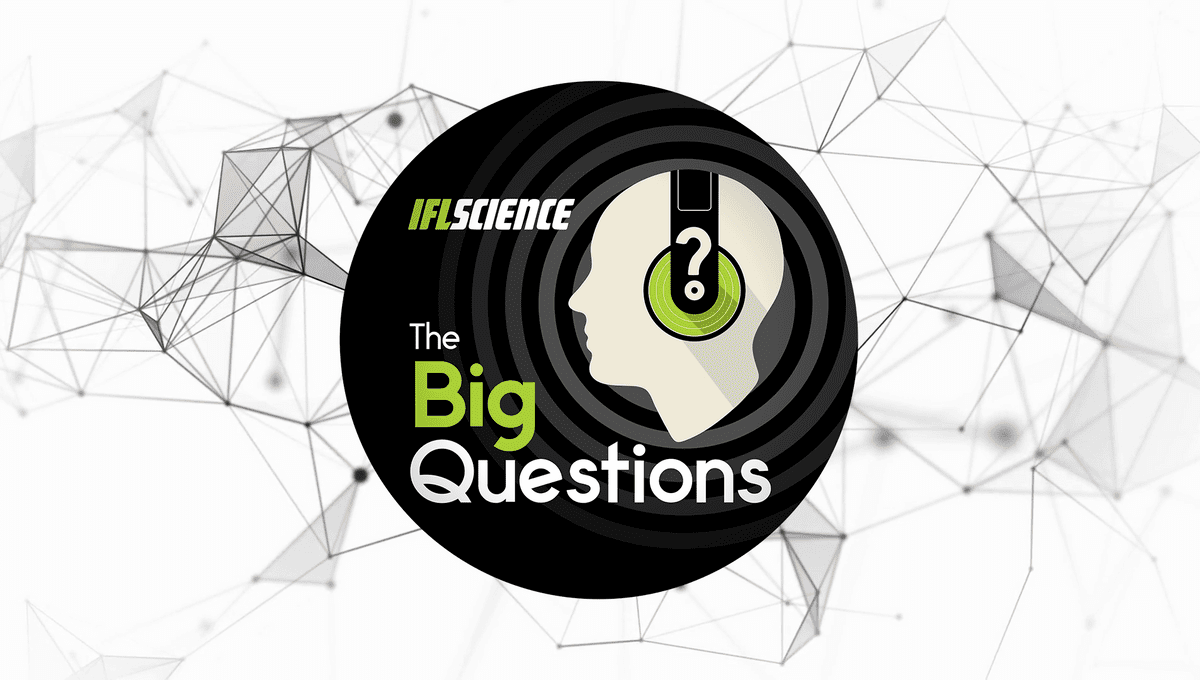
It’s no secret that species extinction and biodiversity loss are making our environment increasingly less stable. As it feels like we inch closer to waving goodbye to threatened animals like the Javan rhino, a question springs to mind: How do we know when a species is extinct? How, for instance, do we know there aren’t some animals left just hiding in a bush somewhere? In this episode, host Rachael Funnell puts the question to Dr Barney Long of Re:wild, whose mission is the conservation of endangered mammal species and ways of recovering their populations.
You can listen to this episode and subscribe to the podcast on all your favorite podcast apps: Apple Podcast, Spotify, Google Podcast, Podbean, Amazon Music, and more. A transcript of the conversation is available here.
Source Link: IFLScience The Big Questions: How Do We Know When A Species Is Extinct?